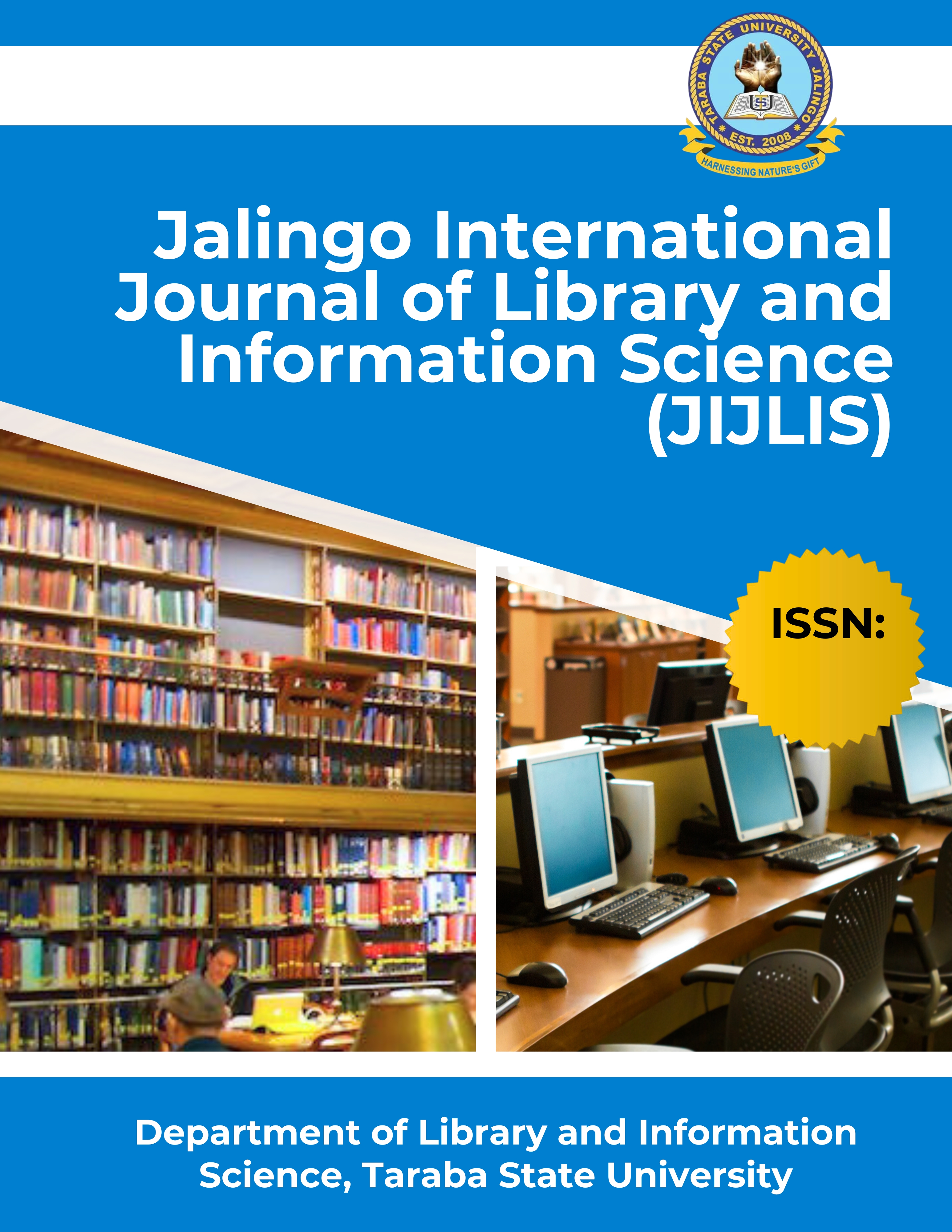Role of Gamification of Information Literacy in Improving Research Skills Among Undergraduates of Federal University of Education, Zaria
Abstract
Information literacy is a critical skill for academic success, yet many students struggle with locating, evaluating, and synthesizing information effectively. Traditional teaching methods often fail to engage students, leading to a lack of longterm skill development. Gamification, the application of game-design elements in non-game contexts, offers a promising solution by making learning more interactive and motivating. To this end, this study explores the role of gamification in improving information literacy and research skills among undergraduates at the Federal University of Education, Zaria. Using a mixed-methods research design, the study collected quantitative data through questionnaires and qualitative data through interviews with students and faculty. The findings reveal that gamification significantly enhances student engagement, motivation, and skill development in information literacy and research. However, challenges such as resource constraints, lack of technical expertise, and resistance to change hinder its implementation. The study recommends investing in gamification tools, providing training, and adopting a phased implementation approach. These findings contribute to the growing body of literature on gamification in higher education and provide practical insights for educators and policymakers.

